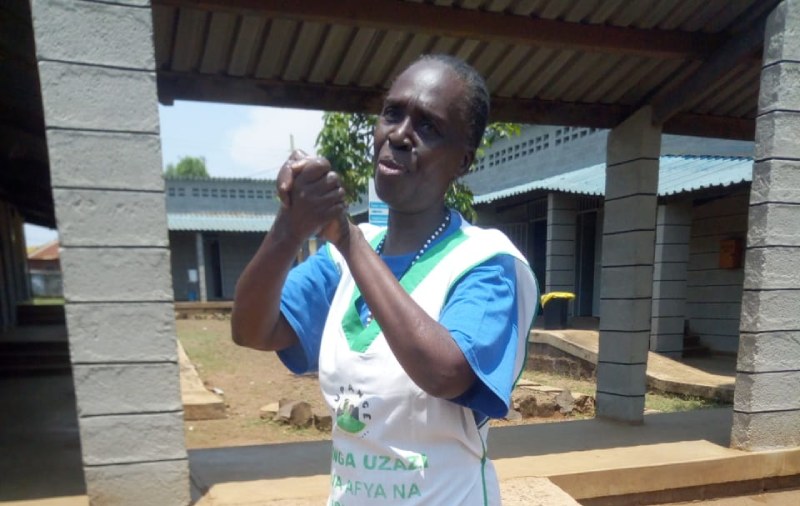×
The Standard e-Paper
Home To Bold Columnists

“Someone went behind my back and clapped repeatedly on my ears. Nothing. That’s when the grim truth dawned on them. I had lost my hearing,” she recalls a vagary of the weather that would change her life for good.
When she left with her friends to fetch firewood, in one afternoon in 1963, Scholasticah Majuma did not know that she would return home with a permanent hearing disability.